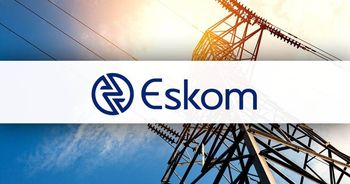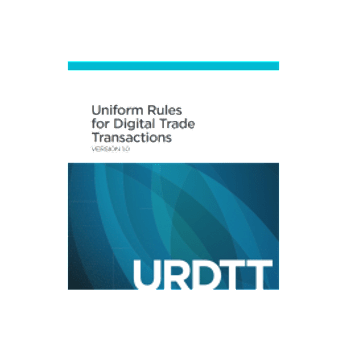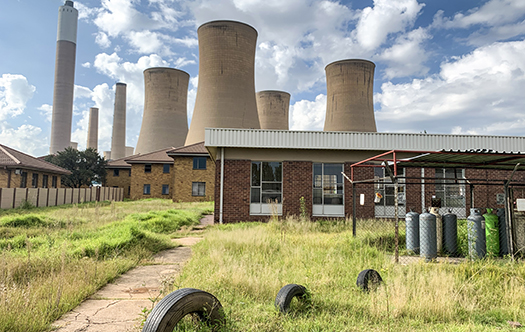There is no Just in Just Transition.
On Tuesday, 30 November 2021, TIPS held a public debate on the key priorities and challenges for a Just Transition in the Emalahleni and Steve Tshwete areas. A statement was made and supported by many that there is no “Just” in the government’s Just Transition programme (JET) for citizens affected.
The JET Programme has been discussed for many years, first at the national level, then at the district level and more recently at the local level. Many consultants have been active in the area, collecting data, and some have even implemented programmes. Although it is still early, it seems that communities, from municipal officials to labour union representatives, are unhappy about what JET might mean for their future.
What projects have been approved, who is funding these projects, and the key outcomes that each project aims to achieve. The community has participated in many projects, skills training, entrepreneurship training and so on, but if there is no prospect of earning, the skills become obsolete. We do not want to be seen as charity recipients who have to be given a dummy to keep us quiet.
MCCI urges all stakeholders to create sustainable projects that provide secure jobs for participants. What market do they want to create with the new technology, or is the project only viable with continued financial support? There should be an open database of available information to prevent collusion, and the plans need to be available on the ground. How many of the recently launched projects have been successful?
The consultants and academics and the companies outside the Highveld region of Mpumalanga see us as needing help, even though they make their millions from local business opportunities. MCCI believes that the skills and talent are there, and we have a vested interest in making JET sustainable and successful. May the ghosts in the ghost town that “they” predict remain in their imagination. MCCI is continually committed to sustainable programmes to support and grow our economy. If you are interested in more information, please contact Mmabatho at info@middelburginfo.com
.




